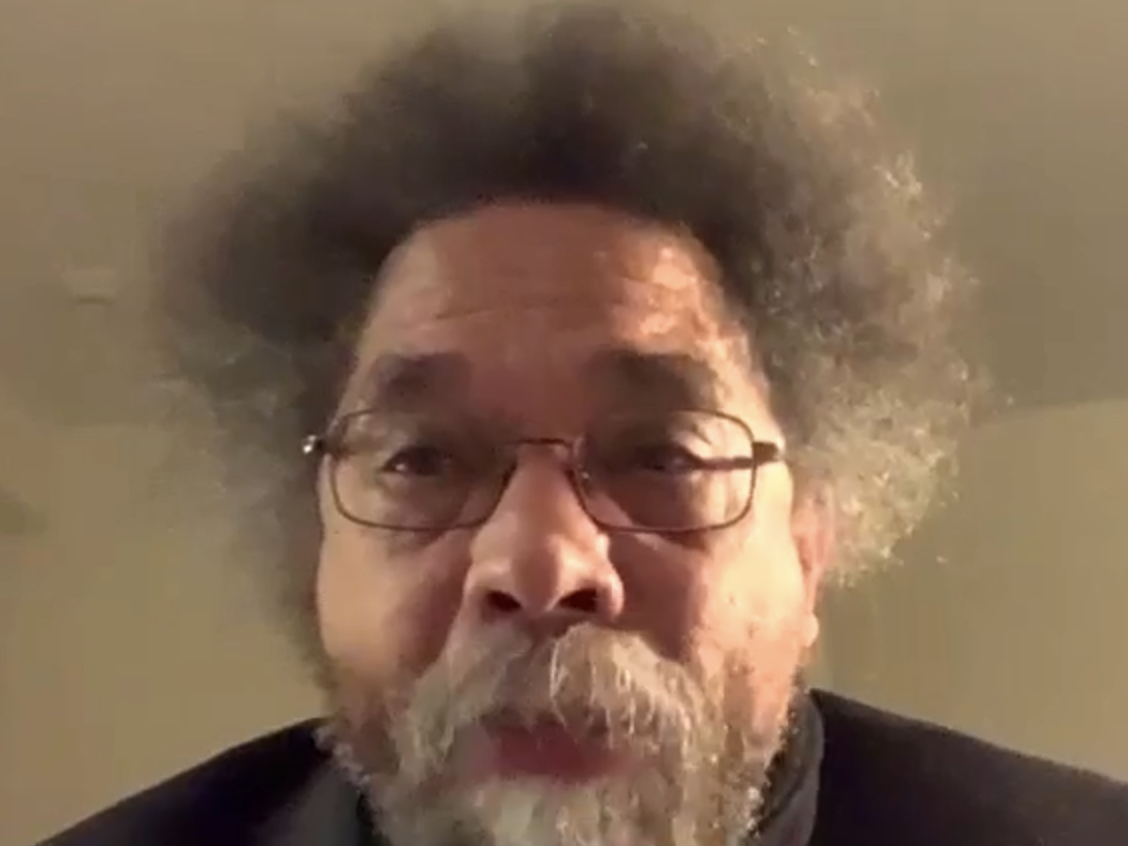sfidc3
Pro-Bowler
- Joined
- Mar 14, 2015
- Messages
- 9,902
- Reaction score
- 14,689
Offline
This is where I am confused if you're saying you agree....
you're saying that people fail to realize that intervening with cops may NOT turn out to be a disaster for all involved.
99% of the time, messing with cops in the line of duty is going to end up bad for EVERYONE involved trying to obstruct them from carrying out their responsibilities (even if what they are doing is later to be found as an abuse of power).
Ah, yes....Dave is correct, I should not have included....not....
I suspect the not part was inadvertently inserted there.


